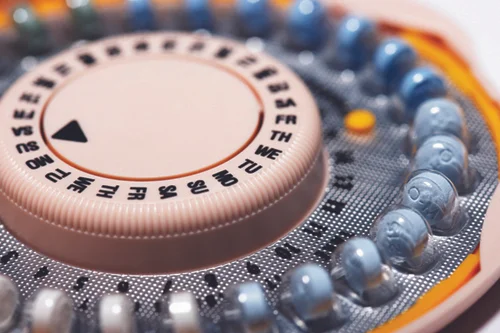NEW YORK -- Believe it or not, most Americans think their nation is becoming more tolerant, at least when it comes to warm feelings about most religious believers.
A recent Pew Research Center survey found that, in terms of "thermometer" ratings, Americans felt "warmer" about nearly all religious groups than they did in 2014. Even chilly ratings for atheists and Muslims are approaching a neutral 50 score.
But there was one glitch in this warming trend, with evangelical Protestants stuck on a plateau. Christianity Today magazine noted that, when the views of evangelicals were removed from the mix, only a third of non-evangelical Americans had warm feelings toward evangelicals. Flip that around and that means two-thirds of non-evangelicals have lukewarm or cold feelings about evangelical Christians.
"There's a sharp divide in this country and it's getting stronger. … This tension has been obvious for years, for anyone with the eyes to see," said political scientist Louis Bolce of Baruch College in the City University of New York. "It's all about moral and social issues. Some people don't like the judgmental streak that they see in traditional forms of Christianity, like in evangelicalism and among traditional Roman Catholics."
Bolce and colleague Gerald De Maio have, over two decades, mustered research demonstrating that journalists have shown little or no interest in the liberal side of this divide. While offering in-depth coverage of the Christian Right, journalists have all but ignored a corresponding rise in what the Baruch College duo have called "anti-fundamentalist" activists. Among Democrats, the term "evangelical" has become as negative as the old "fundamentalist" label.
When journalists deal with religion and politics, "prejudice is attributed to people on the Religious Right, but not to people on the secular and religious left. Everything flows from that," said De Maio.




